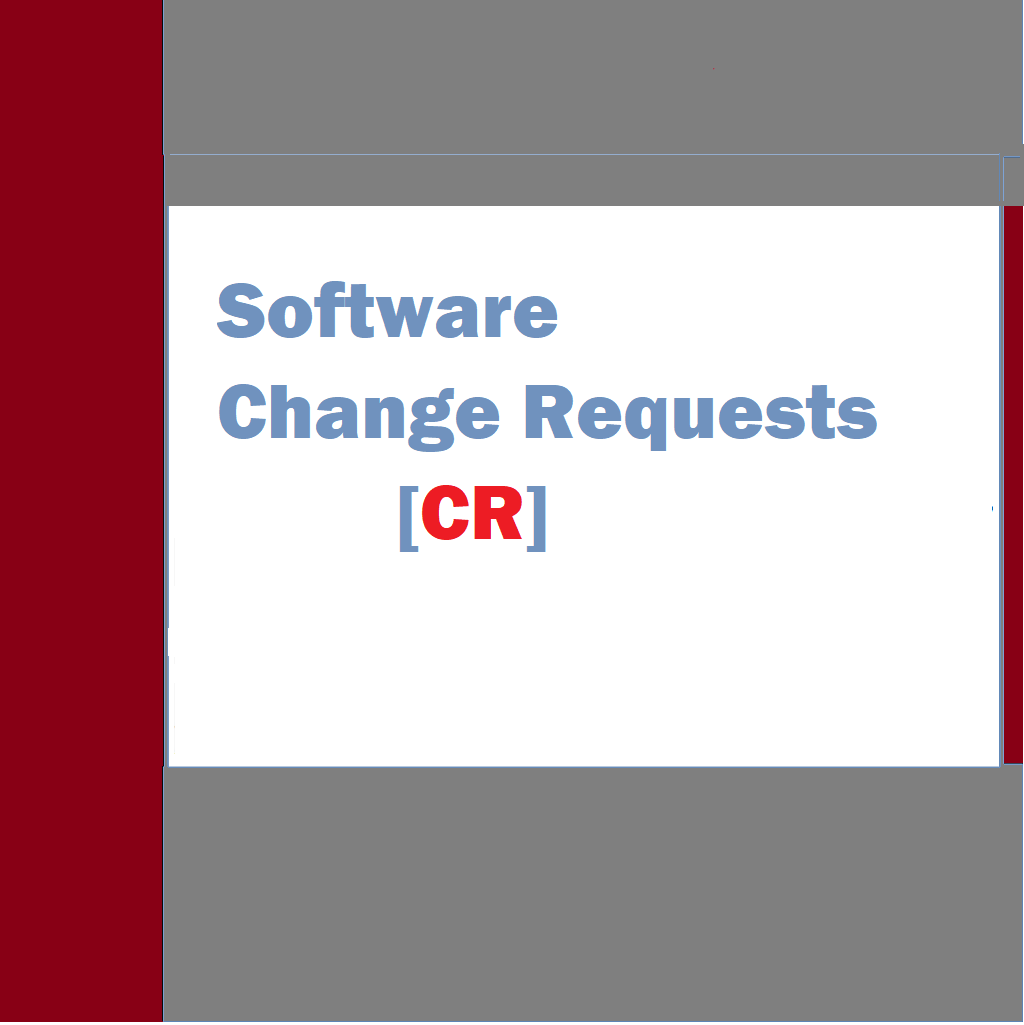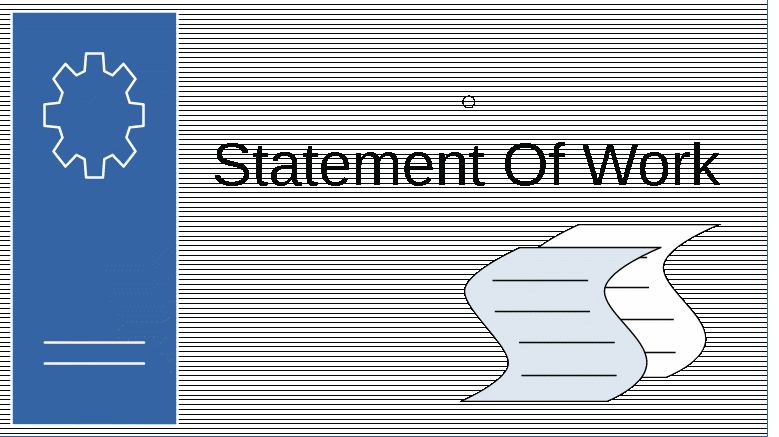Software Projects Budget Management
In the dynamic world of software project management, budget management is often seen as the cornerstone of project success. Effective budget management ensures that projects are completed within financial constraints, meeting stakeholders’ expectations while delivering high-quality results. However, managing a software project budget is far from straightforward. It involves navigating numerous challenges, making critical decisions, and often facing what many in the industry refer to as “million-dollar questions.” These questions are pivotal because the answers can significantly impact the project’s financial health and overall success.
One of the primary challenges in software projects is the unpredictability of costs. Projects can quickly go over budget due to unforeseen issues such as scope changes, technical difficulties, or resource availability. Therefore, understanding and anticipating these potential pitfalls is crucial. The million-dollar questions in budget management often revolve around how to estimate costs accurately, manage scope changes effectively, handle unexpected expenses, and ensure resource allocation aligns with project goals.
Answering these questions requires a combination of experience, strategic planning, and the right tools. For instance, cost estimation can be enhanced through historical data analysis and the use of sophisticated estimation techniques. Scope management necessitates robust change control processes to ensure that any alterations to the project scope are thoroughly evaluated and approved. Handling unexpected expenses often involves maintaining a contingency fund and regularly reviewing the project budget to identify and address any variances early.
In this article, we will explore some of these million-dollar questions in depth, providing real-world examples and practical solutions. We will look at how successful companies have navigated budget management challenges in their software projects and highlight key strategies and tools that can help project managers keep their budgets on track. Whether you’re a seasoned project manager or new to the field, understanding these critical questions and their answers can significantly enhance your ability to manage project budgets effectively and ensure the success of your software projects.

Million Dollar Questions and Their Answers in Software Projects Budget Management
1. How to Estimate Project Costs Accurately?
Example: A Large E-commerce Platform Development
When a leading e-commerce company decided to develop a new platform, accurate cost estimation was vital. They used historical data from previous projects, considering factors such as development time, resource requirements, and potential risks. By employing a bottom-up estimation approach, where individual components of the project were estimated in detail and then aggregated, they achieved a high level of accuracy in their cost projections. This method allowed them to allocate funds appropriately and set realistic financial expectations.
2. How to Manage Scope Changes Effectively?
Example: A Custom CRM System Implementation
A mid-sized business undertaking the implementation of a custom CRM system faced multiple scope changes due to evolving business needs. To manage this, they implemented a stringent change control process. Any requested change had to go through a formal review process where its impact on the budget, timeline, and project objectives was assessed. This approach ensured that only essential changes were approved, and the project stayed within its financial boundaries.
3. How to Handle Unexpected Expenses?
Example: A Financial Software Upgrade
A financial institution upgrading its software encountered unexpected regulatory requirements halfway through the project, necessitating additional features. To handle this, they had set aside a contingency budget from the outset. Regular budget reviews helped them identify the emerging cost early and adjust their financial plan accordingly. The contingency fund allowed them to cover the additional costs without compromising the project’s overall budget.
4. How to Ensure Resource Allocation Aligns with Project Goals?
Example: A Mobile App Development Project
In a mobile app development project, a tech startup faced challenges in resource allocation due to high demand for specialized developers. They addressed this by prioritizing project goals and aligning resource allocation with these priorities. Regular resource reviews and adjustments ensured that the most critical tasks received the necessary resources, keeping the project on track both financially and in terms of timeline.
5. What Tools and Techniques Can Aid Budget Management?
Example: Using Project Management Software
A software company developing a new SaaS product utilized advanced project management software to aid budget management. Tools like Microsoft Project and JIRA provided detailed tracking of expenses, resource allocation, and project progress. These tools offered real-time insights and facilitated better decision-making, ensuring that the project remained within budget.

Article Summary
Effective budget management is crucial for the success of software projects, often posing million-dollar questions that require strategic solutions. Accurately estimating costs, managing scope changes, handling unexpected expenses, and ensuring resource alignment are key challenges. Real-world examples from leading companies highlight practical strategies, such as using historical data for cost estimation, implementing stringent change control processes, maintaining a contingency fund, prioritizing project goals for resource allocation, and leveraging advanced project management tools. Understanding and addressing these critical questions can significantly enhance budget management, ensuring successful project delivery within financial constraints.
Other Million Dollar Questions on Project Budget Management
- How to Estimate Project Costs Accurately?
- What methods should be used for cost estimation?
- How can historical data be leveraged in the estimation process?
- What role do expert judgments and analogies play in cost estimation?
- How to Manage Scope Changes Effectively?
- What processes should be in place to handle scope changes?
- How can the impact of scope changes on the budget be assessed?
- What steps can be taken to ensure only necessary scope changes are approved?
- How to Handle Unexpected Expenses?
- What percentage of the budget should be allocated for contingencies?
- How can regular budget reviews help in identifying unexpected costs early?
- What strategies can be used to adjust the budget in response to unforeseen expenses?
- How to Ensure Resource Allocation Aligns with Project Goals?
- What criteria should be used to prioritize resource allocation?
- How can regular resource reviews be conducted to ensure alignment with project goals?
- What techniques can be used to address resource shortages or surpluses?
- What Tools and Techniques Can Aid Budget Management?
- What project management software and tools are most effective for budget tracking?
- How can real-time data and reporting improve budget management?
- What techniques can be used to integrate budget management with overall project management practices?
- How to Communicate Budget Status to Stakeholders Effectively?
- What methods should be used to report budget status to stakeholders?
- How can transparency in budget communication be maintained?
- What are the best practices for involving stakeholders in budget-related decisions?
- How to Balance Quality and Cost?
- What strategies can be used to ensure quality without exceeding the budget?
- How can cost-saving measures be implemented without compromising project outcomes?
- What role does value engineering play in balancing quality and cost?

- How to Forecast Future Budget Requirements?
- What forecasting techniques can be used to predict future budget needs?
- How can trends and patterns from ongoing projects inform future budgeting?
- What role do risk assessments play in budget forecasting?
- How to Manage Vendor and Contractor Costs?
- What practices should be adopted for effective vendor management?
- How can contractor costs be controlled and negotiated?
- What measures can be taken to ensure contract compliance within budget?
- How to Handle Budget Overruns?
- What immediate actions should be taken when a budget overrun is identified?
- How can root causes of budget overruns be identified and addressed?
- What strategies can be used to bring an overrun budget back on track?
- How to Integrate Budget Management with Overall Project Management?
- What are the best practices for aligning budget management with project schedules and milestones?
- How can project management methodologies (e.g., Agile, Waterfall) be adapted to enhance budget control?
- What role do project management offices (PMOs) play in integrated budget management?
- How to Measure the Financial Performance of a Project?
- What key performance indicators (KPIs) should be used to assess financial performance?
- How can earned value management (EVM) techniques be applied to track budget performance?
- What are the most effective methods for conducting financial audits and reviews?
- How to Plan for Long-Term Financial Sustainability in Projects?
- What strategies can be implemented to ensure long-term financial sustainability?
- How can lifecycle costing be integrated into project budget planning?
- What role does continuous improvement play in achieving financial sustainability?
- How to Manage Multi-Project Budgets?
- What techniques can be used to allocate budgets across multiple projects?
- How can interdependencies between projects be managed from a budget perspective?
- What are the challenges and solutions for maintaining budget control in a multi-project environment?
- How to Deal with Currency Fluctuations and Inflation in Budgeting?
- What measures can be taken to mitigate the impact of currency fluctuations on the budget?
- How can inflation be factored into project cost estimations?
- What strategies can be used to manage financial risks associated with economic changes?
By addressing these million-dollar questions, project managers can enhance their budget management practices, ensuring that their software projects are completed successfully within financial constraints. Comment below on this article if you want to know answers to these questions as well.




